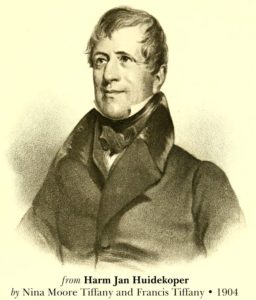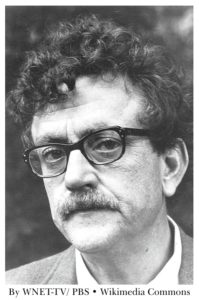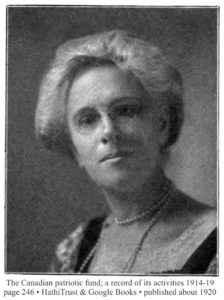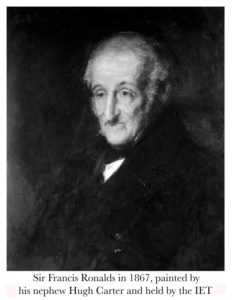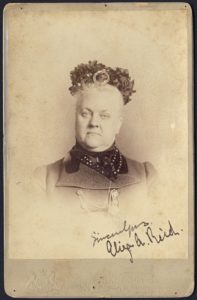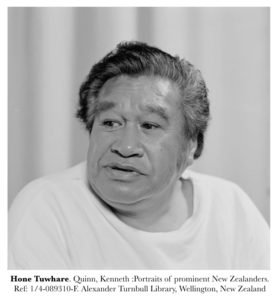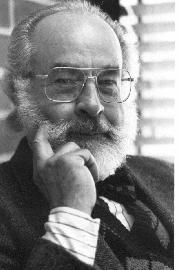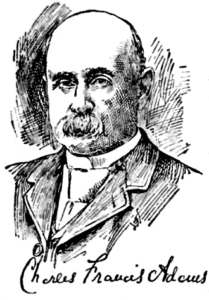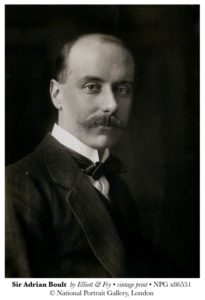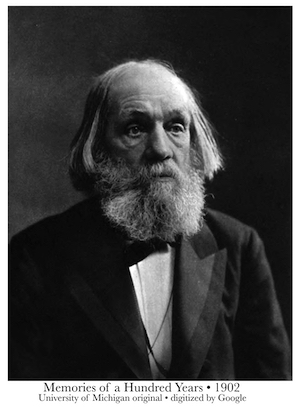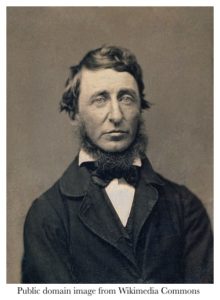Ronalds, Elizabeth
May 15, 2018 January 17, 2022
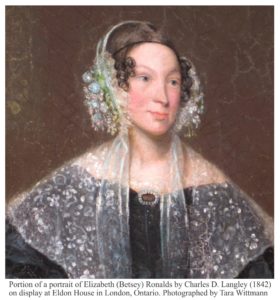
Elizabeth (Betsey) Ronalds (April 2, 1788-May 5, 1854) was an English horticultural illustrator, best remembered for the lithographs in her father Hugh Ronalds‘ renowned book Pyrus malus Brentfordiensis: or, a concise description of selected apples (1831). Her beautiful depictions of fruit and flowers enhanced the international reputation of her family’s nursery.
